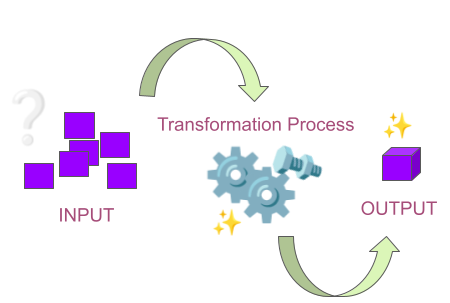Let’s gain some knowledge together!
Information technology has an effect on almost every aspect of our society, as well on organizational processes. It transformed human resources processes and practices mainly in terms of how organizations collect, store, use, and disseminate information.
For HRM support IT have created HRIS which have played an important role in the life of HR professionals.
About HRIS
Human Resources Information System (HRIS) encompasses the basic functionalities needed for end-to-end Human Resources Management (HRM). It is a systematic procedure for collecting, storing, maintaining, retrieving, manipulating, analyzing and validating data needed by organizations about HR.

Benefits of HRIS
HRIS holds employee information. A wide range of employee data is then easily accessible, in one system consisting of-
Record-keeping– HRIS is a record-keeping system that keeps track of data related to employees or other organization stuff
Compliance– Collection and storage for compliance reasons which includes material for the identification of employees in case of theft, fraud, or other misbehaviors, first contact information in case of accidents, citizens identification information for the tax office, and expiration dates for mandatory certification.
Efficiency– Information stored in one place not only benefits accuracy but also saves time. Some companies still keep a lot of data about employees as physical paperwork.
HR strategy– HRIS permits the tracking of data required to advance the HR and business strategy. Depending on the priorities of the organization, different data will be essential to track.
Self-Service HR– Ability to offer self-service HR to employees and managers. This enables employees to manage their own affairs. When done right, the HRIS can offer a good employee experience.
HRIS functions
There are different kinds of HRIS systems and software, because an HRIS encompasses all the functionalities for HR, all separate functionalities are part of the system. These functionalities include:

